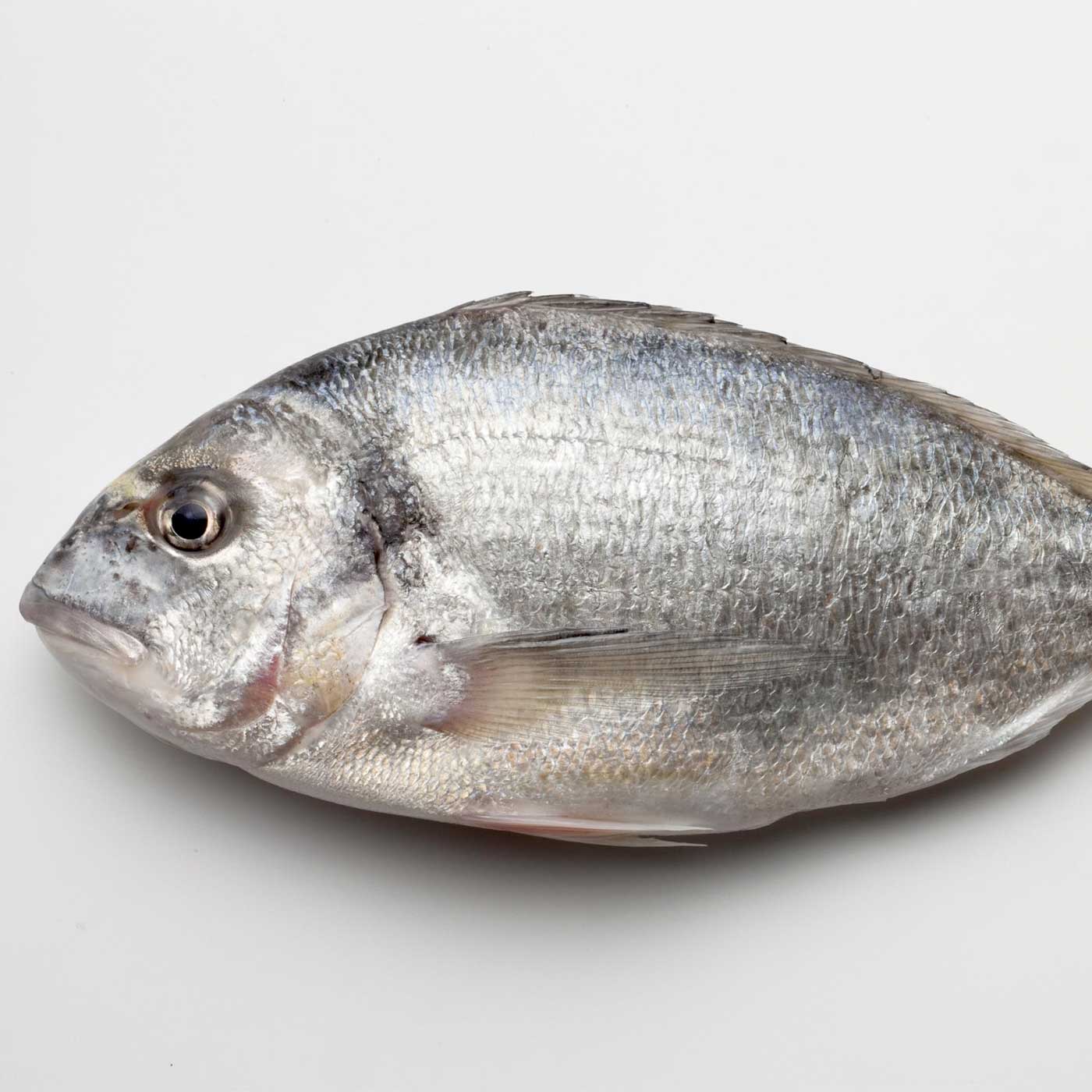
Seafood Retailer Removed From Board After Outspoken Statement On Farmed Fish
A major seafood retailer has removed a member of its board of directors after the individual made outspoken statements about the dangers of farmed fish.
The Retailer's Perspective:
The retailer, which has a large presence in the United States and Europe, has stated that it is committed to providing its customers with safe and sustainable seafood. The company has partnered with independent organizations to ensure that its seafood meets high standards for quality and sustainability. The retailer's decision to remove the board member was made after careful consideration of the individual's statements and the potential impact they could have on the company's reputation and relationships with its partners.
The Board Member's Perspective:
The board member who was removed has been a vocal critic of farmed fish, arguing that they pose significant risks to human health and the environment. The individual has cited studies that have found farmed fish to be contaminated with antibiotics, pesticides, and other harmful chemicals. Additionally, the board member has expressed concerns about the environmental impact of fish farming, including the destruction of marine ecosystems and the release of pollutants into the water.
Industry Perspectives:
The seafood industry has mixed views on the issue of farmed fish. Some industry groups have defended the safety and sustainability of farmed fish, while others have acknowledged the concerns raised by critics. The Global Aquaculture Alliance (GAA), a non-profit organization that promotes responsible aquaculture practices, has stated that farmed fish can be a safe and sustainable source of food when produced according to best management practices.
On the other hand, the Environmental Working Group (EWG), a non-profit organization that advocates for environmental health, has issued a report warning consumers about the risks associated with farmed fish. The EWG has found that farmed fish often contain high levels of contaminants, including antibiotics, pesticides, and heavy metals.
Scientific Evidence:
There is a growing body of scientific evidence that supports both the benefits and risks of farmed fish. Studies have shown that farmed fish can be a good source of omega-3 fatty acids, protein, and other nutrients. However, other studies have found that farmed fish can contain higher levels of contaminants than wild fish.
A 2018 study published in the journal Environmental Science & Technology found that farmed salmon contained significantly higher levels of dioxins and furans than wild salmon. Dioxins and furans are toxic chemicals that can cause cancer and other health problems.
Another study, published in the journal Environmental Health Perspectives in 2019, found that farmed tilapia contained significantly higher levels of antibiotics than wild tilapia. Antibiotics are used to prevent and treat diseases in farmed fish, but they can also pose risks to human health if consumed in large quantities.
Consumer Perspectives:
Consumers have a range of opinions on the issue of farmed fish. Some consumers are concerned about the potential risks associated with farmed fish and prefer to buy wild fish. Other consumers are more focused on the price and convenience of farmed fish and are willing to accept the potential risks.
A 2019 survey by the Pew Research Center found that 52% of Americans are concerned about the safety of seafood, including farmed fish. However, only 29% of Americans said they would be willing to pay more for seafood that is certified as sustainable.
Implications for the Seafood Industry:
The debate over farmed fish is likely to continue for years to come. As more consumers become aware of the potential risks associated with farmed fish, the demand for wild fish is likely to increase. This could lead to a decline in the demand for farmed fish and a decrease in the profitability of the aquaculture industry.
In order to address the concerns of consumers and protect the long-term viability of the aquaculture industry, the seafood industry must work together to improve the sustainability and safety of farmed fish. This includes adopting best management practices, reducing the use of antibiotics and other chemicals, and investing in research to develop more sustainable aquaculture techniques.
Conclusion:
The decision by a major seafood retailer to remove a board member who made outspoken statements about the dangers of farmed fish has highlighted the growing debate over the safety and sustainability of this food source. While there is a growing body of scientific evidence that supports both the benefits and risks of farmed fish, more research is needed to fully understand the potential long-term health and environmental impacts.
Consumers should be aware of the potential risks associated with farmed fish and make informed decisions about whether or not to consume this food source. The seafood industry must work together to improve the sustainability and safety of farmed fish in order to address the concerns of consumers and protect the long-term viability of the aquaculture industry.

Post a Comment